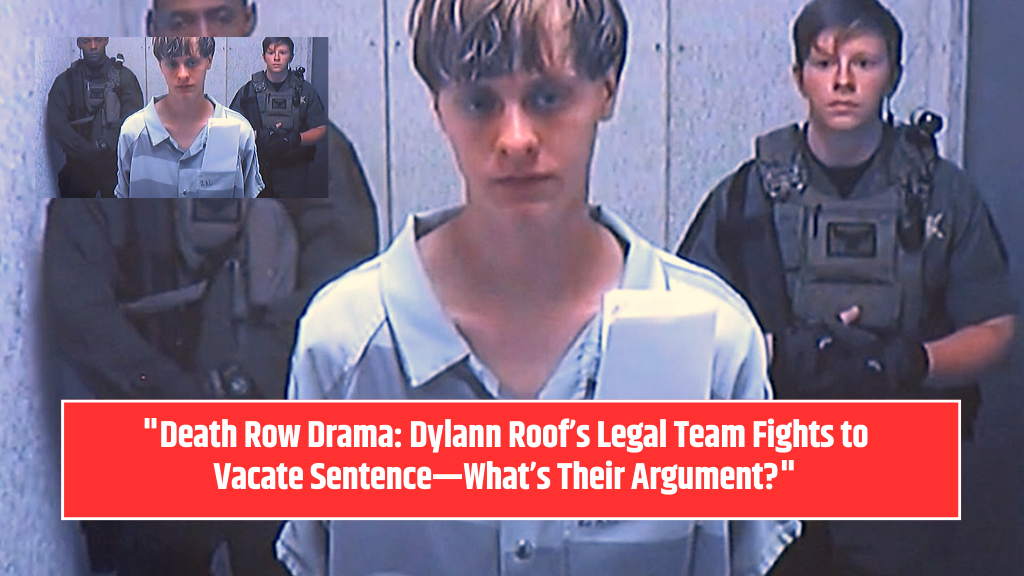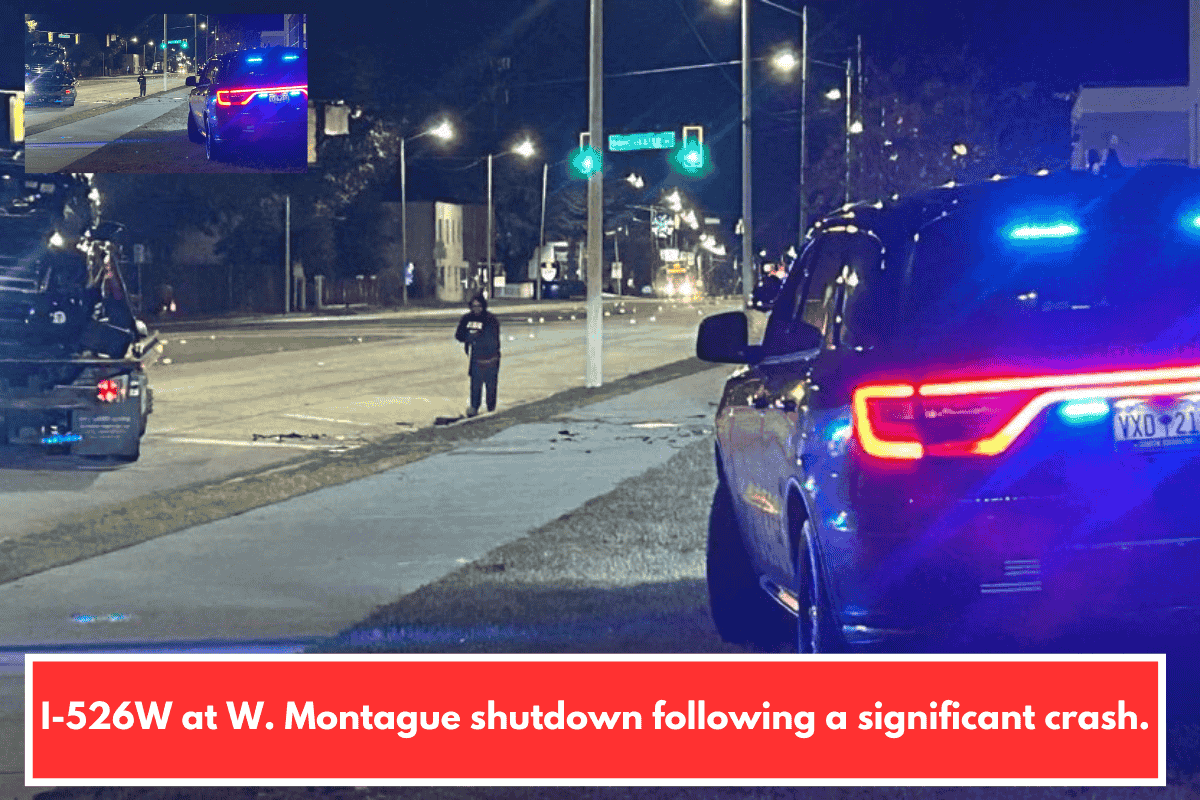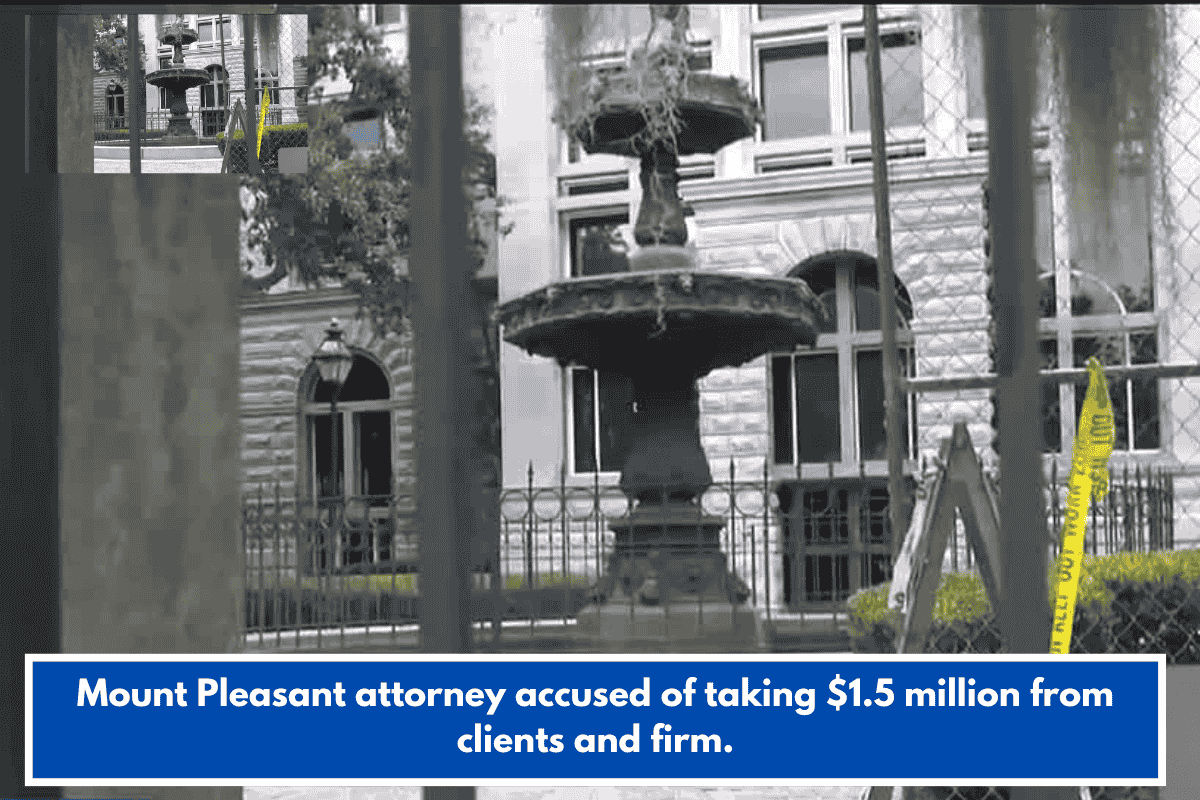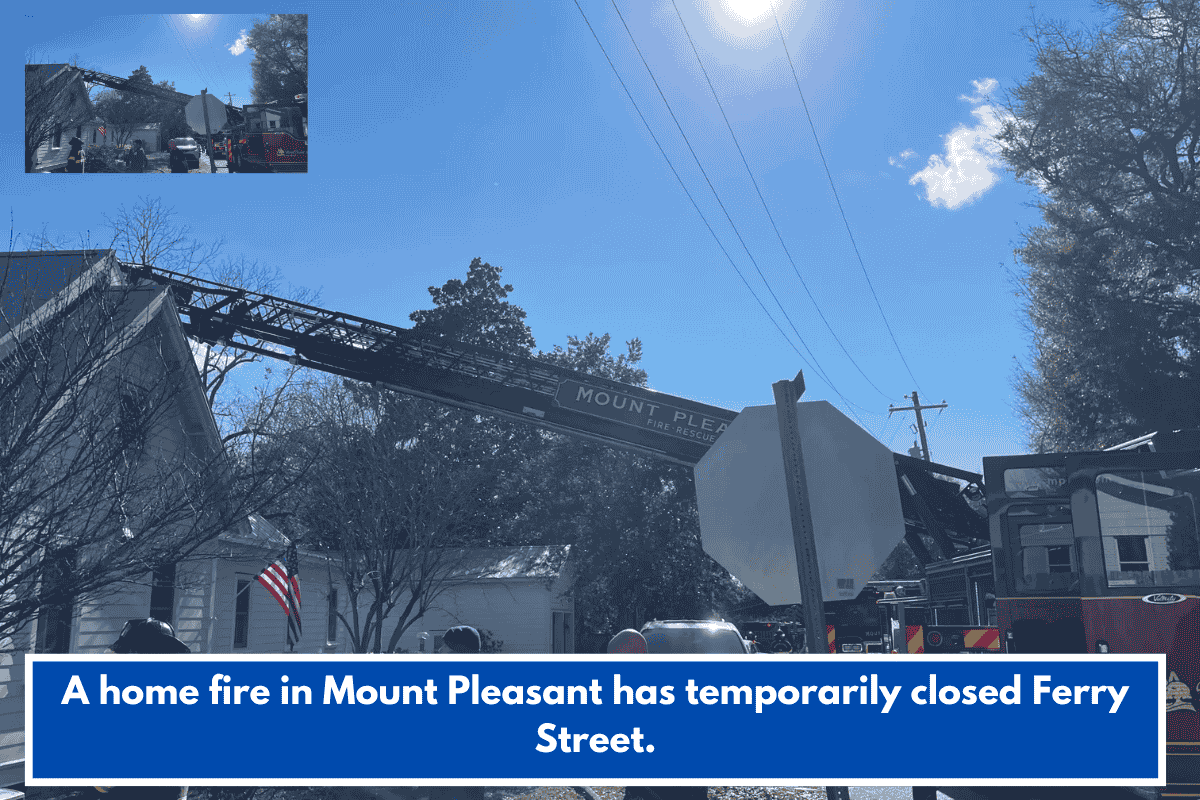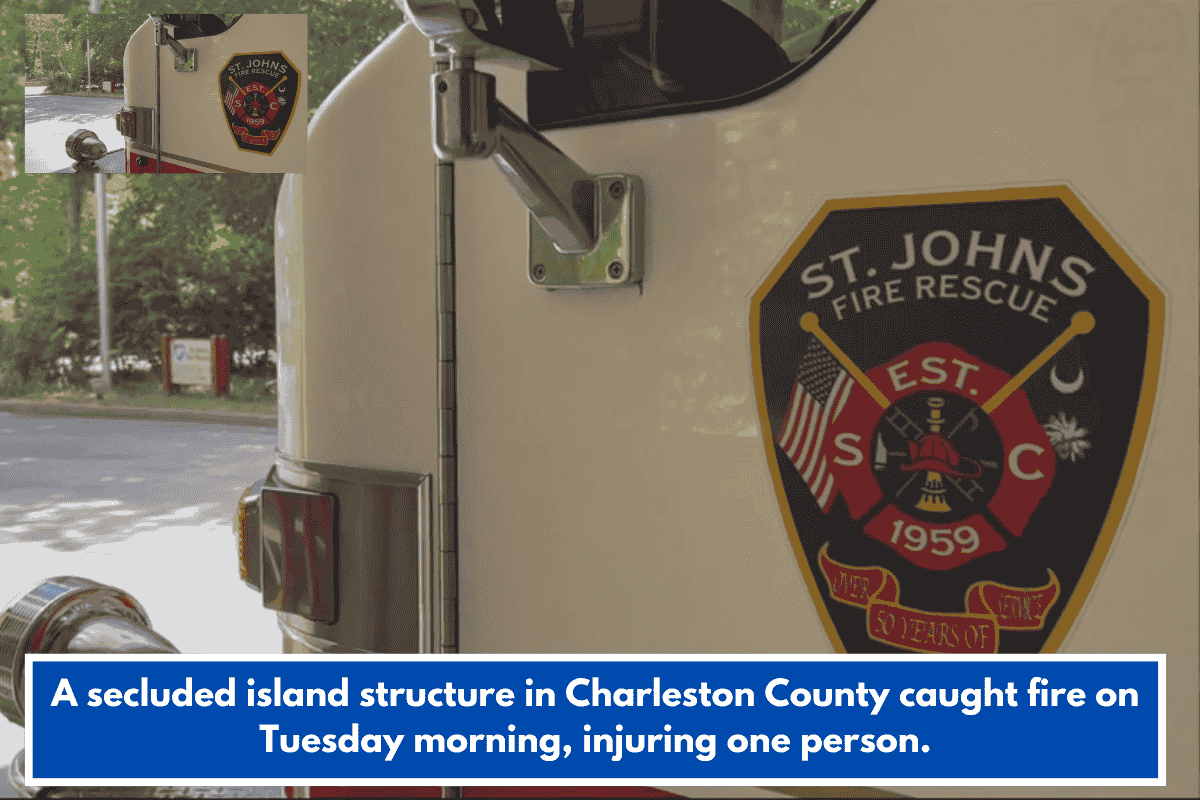In a major legal move, the lawyers of Dylann Roof — the man who killed nine people in a Charleston church in 2015 — have now asked a US court to cancel his death sentence. This request was made on April 17, 2024, in the US District Court in South Carolina. They want a new trial for the sentencing part, saying his rights were violated during the original trial.
Roof was given the death sentence in 2017 after he shot and killed nine Black people during a Bible study at Emanuel AME Church. His case made history because he was the first person in the US to receive the death penalty for a federal hate crime.
What Are the Lawyers Saying?
Roof’s lawyers — Jill E.M. HaLevi from Charleston and Angela S. Elleman from Indianapolis — filed the motion with 18 reasons why they believe the sentence should be overturned. Two of the claims have not been made public.
They are asking the court to allow a new penalty phase trial. This is the part of a trial where the punishment, like life imprisonment or death penalty, is decided.
Main Claims from the Legal Document
Here are some of the key points Roof’s legal team is making:
Juror Selection Problem
The lawyers say the court didn’t remove biased jurors properly, which forced Roof to use all of his allowed rejections (called peremptory strikes). This could have affected the fairness of the trial.
Ineffective Legal Help
Several claims argue that Roof’s lawyers during the trial didn’t do their job well. For example, they didn’t share enough information with the jury that could have helped him, like his mental health or background.
Poor Handling of Witnesses and Jury Advice
The lead lawyer at the time cross-examined a survivor, Felicia Sanders, in a way that hurt the case. Also, the lawyers didn’t listen to expert advice about moving the trial to a place where the jury might have been more neutral.
Legal Issues with the Federal Charges
His current lawyers argue that the laws used to convict him are too vague or even unconstitutional. They say Roof should not have been tried in federal court for some charges.
Roof’s Age and Mental Development
Another claim is that Roof was only 21 when he committed the crime, and his brain wasn’t fully developed. His lawyers argue this should have stopped the court from giving him the death penalty.
Execution Concerns
They also say the method of execution is unsafe and could cause unnecessary pain, which would violate his constitutional rights.
Bias From the Judge
Roof’s team says that the judge, Richard Gergel, might have been biased. They claim the judge said he wanted to handle the case, which they feel made the trial unfair.
Judge’s Response and Past Appeals
Judge Gergel has already responded to this in an earlier court order, saying there’s no proof that he was biased or that the process was unfair. He denied the request to remove himself from the case, stating that no new facts or legal changes support the claims.
The US Supreme Court also rejected Roof’s earlier appeal in 2022, keeping his conviction and death sentence in place.
What Happened in the Charleston Church Shooting?
On June 17, 2015, Dylann Roof joined a Bible study session at the Emanuel AME Church, a well-known Black church in Charleston, South Carolina. After about 45 minutes, during a prayer, he pulled out a gun and began shooting.
Nine people were killed that day, including Rev. Clementa C. Pinckney, who was also a South Carolina senator. Others who died included Cynthia Graham Hurd, Susie Jackson, Ethel Lee Lance, Depayne Middleton-Doctor, Tywanza Sanders, Rev. Daniel Simmons, Sharonda Coleman-Singleton, and Myra Thompson.
Five people survived, including Felicia Sanders and her young granddaughter. Rev. Pinckney’s wife, Jennifer, and their daughter were in a nearby room and were not harmed.
Dylann Roof’s legal team is now making a strong attempt to cancel his death sentence, bringing up issues like unfair trial, weak legal defense, and possible bias. This case remains one of the most painful and tragic events in recent US history, and any changes to Roof’s sentence will surely bring strong reactions from the public and families of the victims.
Whether the court will agree to a new trial is yet to be decided. For now, Roof remains on death row, waiting for the court’s next move.

